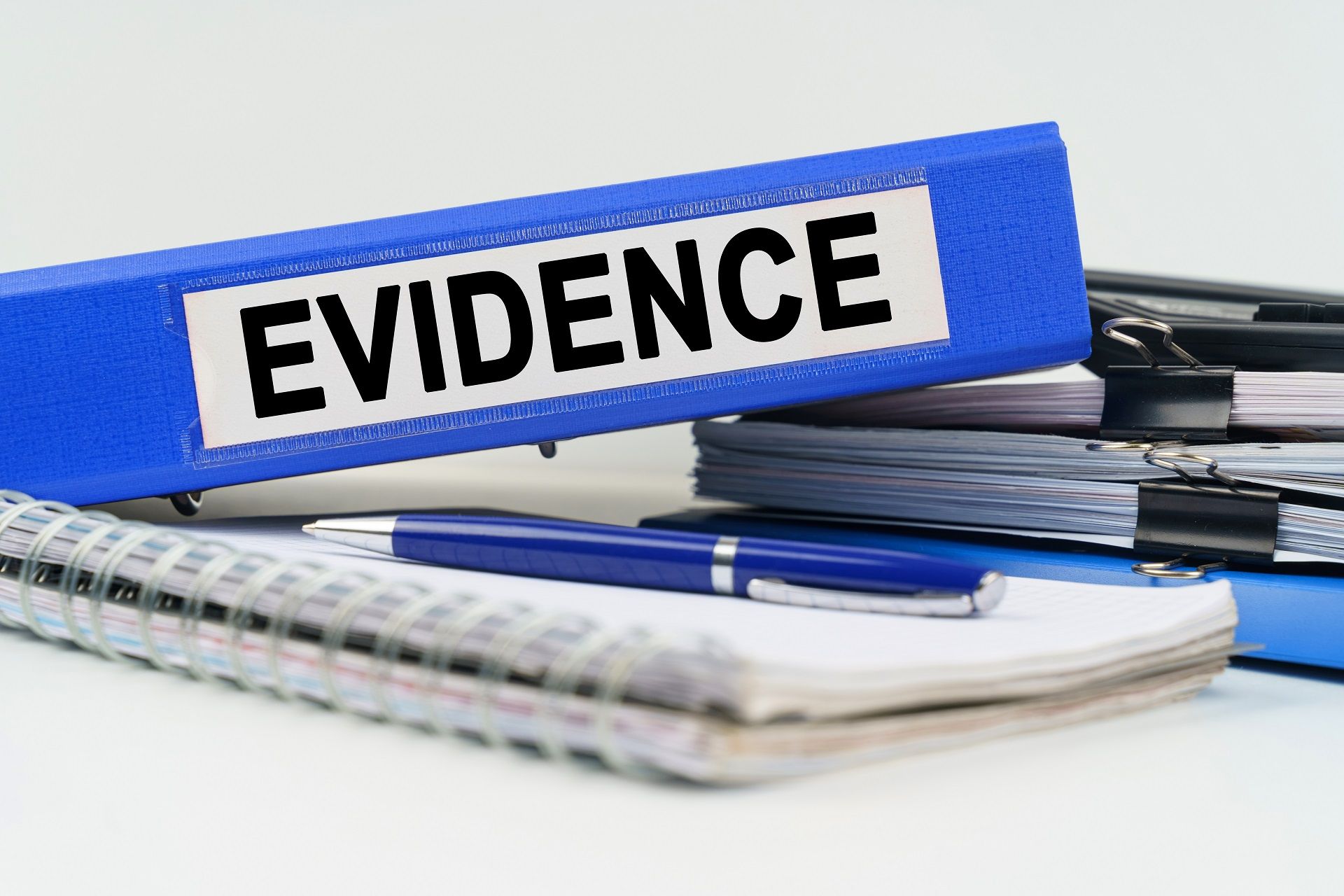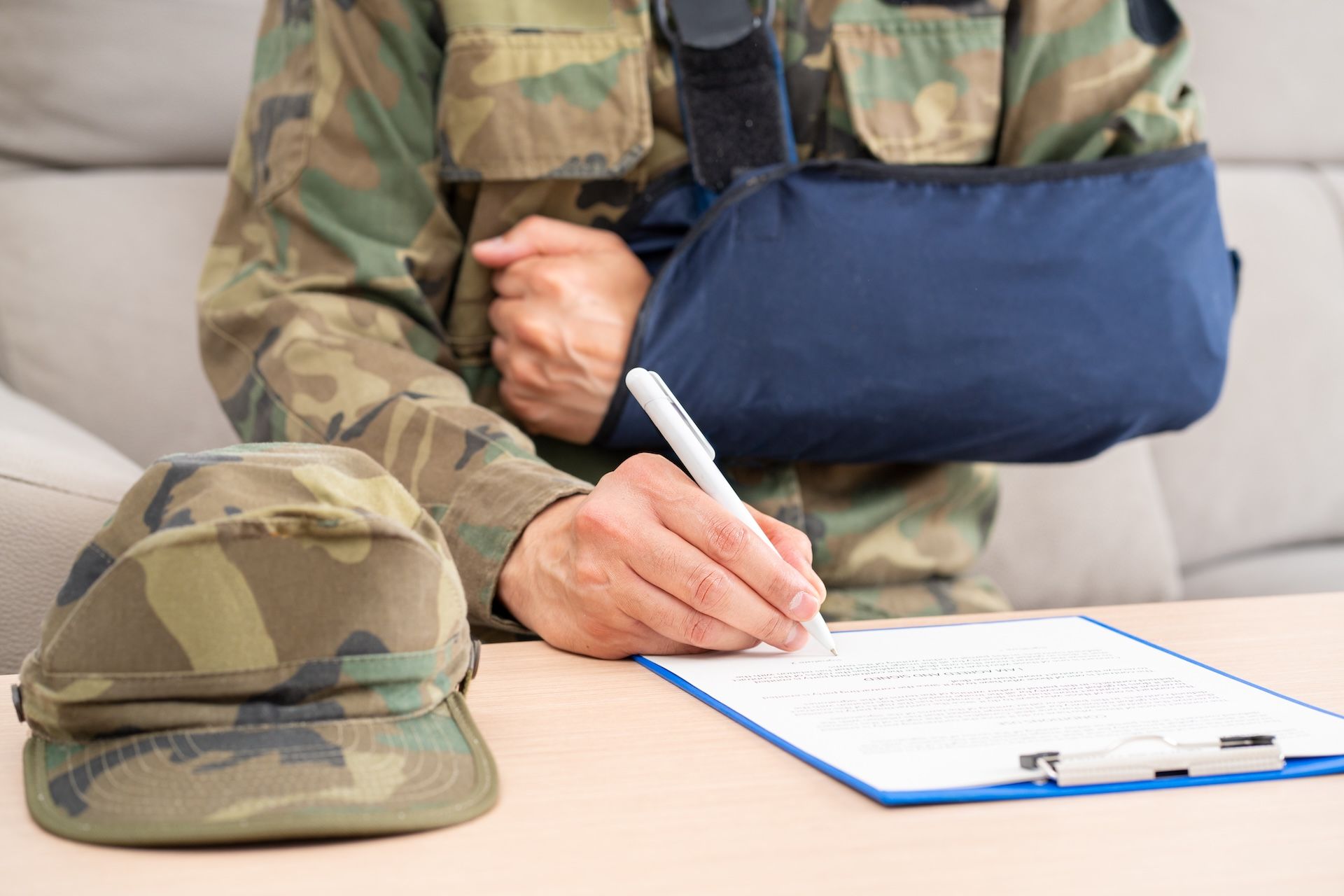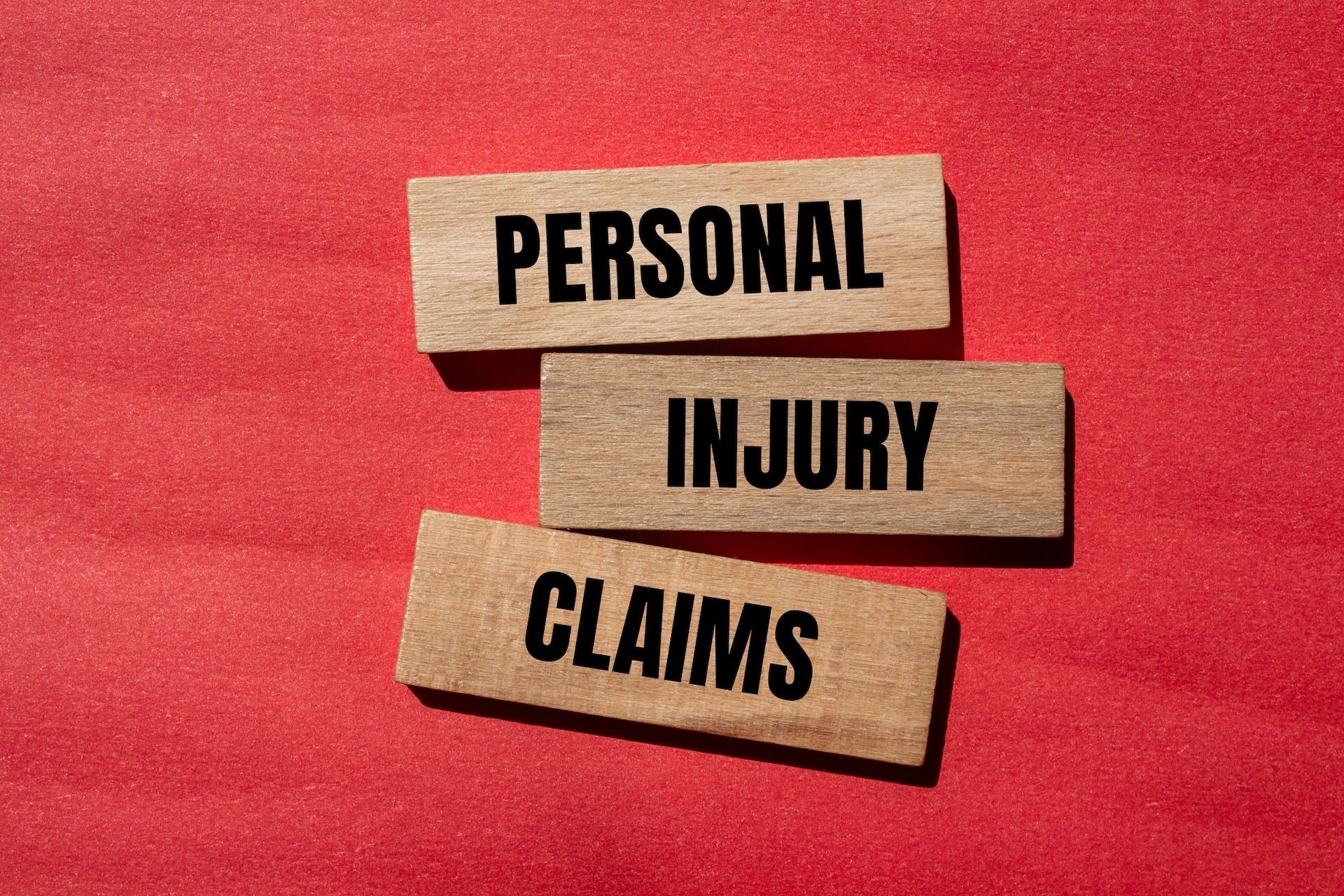What Is Demonstrative Evidence In A Personal Injury Case?

The success of your personal injury claim relies on evidence. Without any proof of the events that transpired your case will end in disaster, despite the strength of your testimony.
Since most jurors will have an easier time remembering what they see instead of what they’re told, most attorneys rely heavily on demonstrative evidence to prove their client’s claims.
As opposed to real evidence which includes tangible materials such as written documents, witness testimony, and fingerprints, real evidence refers to tools used to clarify or explain events through visual aids.
What Are Some Examples of Demonstrative Evidence?
To accurately explain what is demonstrative evidence, here are a few examples:
- Photos
- Videos
- Animations
- Diagrams
- Drawings
- Slideshows
- Expert witness testimony
- Charts
- Graphs
All of the evidence above can bolster your case by helping jurors understand what occurred in the case.
Is Demonstrative Evidence Admissible in Court?
Demonstrative evidence is admissible if it complies with the Federal Rules of Evidence and the Florida Evidence Code.
This ensures all the evidence shown in a trial is relevant and accurate in clarifying the details of the case.
Keep in mind that the choice is up to the judge who can exclude certain pieces of evidence if they find them to be misleading, inaccurate, and contradictory.
The Importance of Demonstrative Evidence
Visual representation of the facts of the case can assist jurors and other parties in fully understanding the complex details of the case. Sometimes, words aren’t enough to convey a message. For instance, if you have an expert witness testifying on your behalf on the witness stand, they can bolster their testimony by using demonstrative exhibits such as visual aids.
For example, if you’re filing a claim for a car accident, your attorney can hire a qualified individual to create an accident reconstruction video. Since explaining such a complex matter requires the use of technical terminology and concepts unfamiliar to a lay individual, a drawing, illustration, or a 3D reconstruction can clarify the verbal explanation and eliminate any confusion.
Similarly, a medical expert may testify about the serious nature of the plaintiff’s injuries and use anatomical models to present what happened in the body.
How To Gather Evidence
Your legal team will gather and preserve evidence in order to make it easier to present a factual case in front of a jury.
Since most cases rarely reach trial and are settled off court, evidence can significantly improve the chances of negotiating a favorable settlement with the defendant’s insurance company.
Since you may not hire an attorney right away, it’s imperative that you preserve the initial evidence right after the personal injury event.
Here’s how:
1. Take photos of the scene
Regardless of the type of personal injury incident, if possible, take photographs of the scene so you can use them as demonstrative evidence.
These photos don’t need to be professional (feel free to disregard the rule of thirds) and you can use your phone’s camera.
2. Write down the timeline of events
In addition to taking photos, you should also establish the timeline of events. Make sure to do this as soon as possible as memories are prone to fading or corruption the more time passes.
Write down everything you remember. Even if some details seem unnecessary, they may be important later on.
If anyone witnessed the events, take their testimony. However, we recommend taking their contact information and having your attorney get a written statement.
3. Note down all medical appointments
Create a folder documenting all your medical appointments following the injury. Keep all the receipts and record other expenses including costs of transportation.
To paint a clearer picture of what you went through, keep a journal that details your state of mind as well as pain levels.
Keep this information concise and only write about your injuries.
How an Attorney Presents Evidence
You may not have the knowledge to determine which evidence can bolster your case. Fortunately, a legal professional can eliminate a lot of confusion and assist you in collecting key pieces of evidence you may have overlooked.
Attorneys also often work with other professionals specializing in a variety of fields, including vocational assessment, accident reconstruction, and so on.
These individuals can not only provide testimony that corroborates other evidence, but they’ll use demonstrative evidence such as diagrams, animations, and charts that paint a clear picture of what happened. This helps eliminate the possibility of the impact of the evidence being lost due to differences in the expertise of jurors and the experts.
When preparing a case, your attorney will also review the accepted evidence standards and clarify which pieces of evidence can be used in court. In addition, attorneys can also create a connection between real evidence and the facts presented in front of the jury by making certain each piece of evidence is authenticated.
Regardless of whether we’re referring to physical or demonstrative evidence, attorneys have the rare skill of building a narrative around the facts involved in a personal injury claim.
Evidence can be a tool to convey the story of what transpired, thereby ensuring that your fight for justice succeeds. In fact, demonstrative evidence can become a deciding factor if introduced properly to the jury.
As such, hiring an attorney as early as possible in the process is recommended, as it ensures the investigation is completed as swiftly as possible.
Boost The Validity of Your Case
If you’ve suffered an injury as a result of someone else’s negligence, it’s recommended you seek compensation for the damages you suffered.
However, your medical costs are only a fraction of the settlement you can receive. In addition to hiring an attorney, it may also be useful to retain a vocational expert to receive insight into your work-related losses such as lost wages and loss of earning capacity.
Reach out to OAS Inc. vocational experts who have been at the forefront of the industry for over 40 years. Due to our experience, we can accurately document all the economic aspects of the case.
Our experts will work closely with your attorney to aid them from the very beginning of the research process. We’ve played a key role in plenty of high-profile cases that resulted in millions of dollars in awards.
Regardless of where you’re located, you can always find us. With offices in California, Texas, Nevada, Florida, Georgia, Connecticut, New Jersey, Pennsylvania, and New York our experts are always available to substantiate your case with solid evidence.
Work with the best, and ensure the best possible outcome out of your personal injury claim. Call us at 1-800-292-1919, visit us at a location nearby, or hit us a quick message through our online form.
Note:
The information in this blog post is for reference only and not legal advice. As such, you should not make legal decisions based on the information in this blog post. Moreover, there is no lawyer-client relationship resulting from this blog post, nor should any such relationship be implied. If you need legal counsel, please consult a lawyer licensed to practice in your jurisdiction.
Disclaimer: The information on this website and blog is for general informational purposes only and is not professional advice. We make no guarantees of accuracy or completeness. We disclaim all liability for errors, omissions, or reliance on this content. Always consult a qualified professional for specific guidance.








